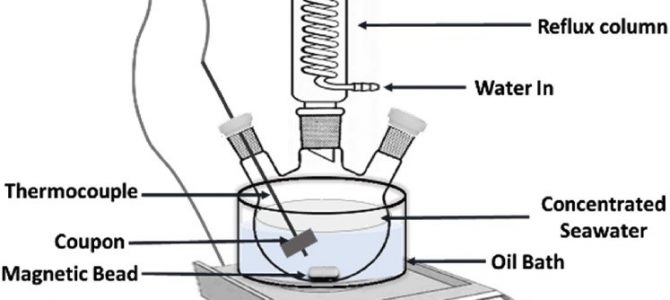The term "antiscalant" typically refers to a chemical compound or solution used to inhibit or prevent the formation of scale in various industrial processes, particularly in water treatment and desalination. Scale formation occurs when minerals in water, such as calcium and magnesium, precipitate and accumulate on surfaces, like pipes, heat exchangers, and membranes. This can lead to reduced efficiency and increased maintenance costs.
The history of antiscalants is closely tied to the development of water treatment and desalination technologies. Here is a brief overview of the history of antiscalants:
Early Use of Antiscalants: The need for antiscalants became apparent with the growth of industrial processes and the use of water for various applications. Early efforts to control scale involved the use of simple chemicals like lime to soften water and reduce scale formation. These early methods were relatively rudimentary and less effective.
Development of Antiscalants in the 20th Century: As industries such as power generation, chemical processing, and desalination expanded, so did the need for more effective methods to control scale. In the mid-20th century, researchers and engineers began to develop specialized antiscalant chemicals that were more efficient at preventing scale formation. These chemicals were designed to be added to water systems in small quantities and effectively inhibit mineral precipitation.
Advancements in Water Treatment and Desalination: The development of antiscalants played a significant role in the advancement of water treatment and desalination technologies. Antiscalants are essential in reverse osmosis and other membrane-based processes, where they help prevent fouling and scaling on membrane surfaces, thereby improving the efficiency and lifespan of these systems.
Ongoing Research and Innovation: Research and innovation in the field of antiscalants continue to this day. Chemists and engineers work on developing new formulations that are more environmentally friendly, cost-effective, and tailored to specific water conditions and industrial processes.
Antiscalants are a crucial component of modern water treatment and desalination processes. They help save energy, reduce maintenance costs, and ensure the efficient operation of various industrial systems that rely on water. The development and use of antiscalants have contributed significantly to the sustainability and efficiency of water-related industries.




